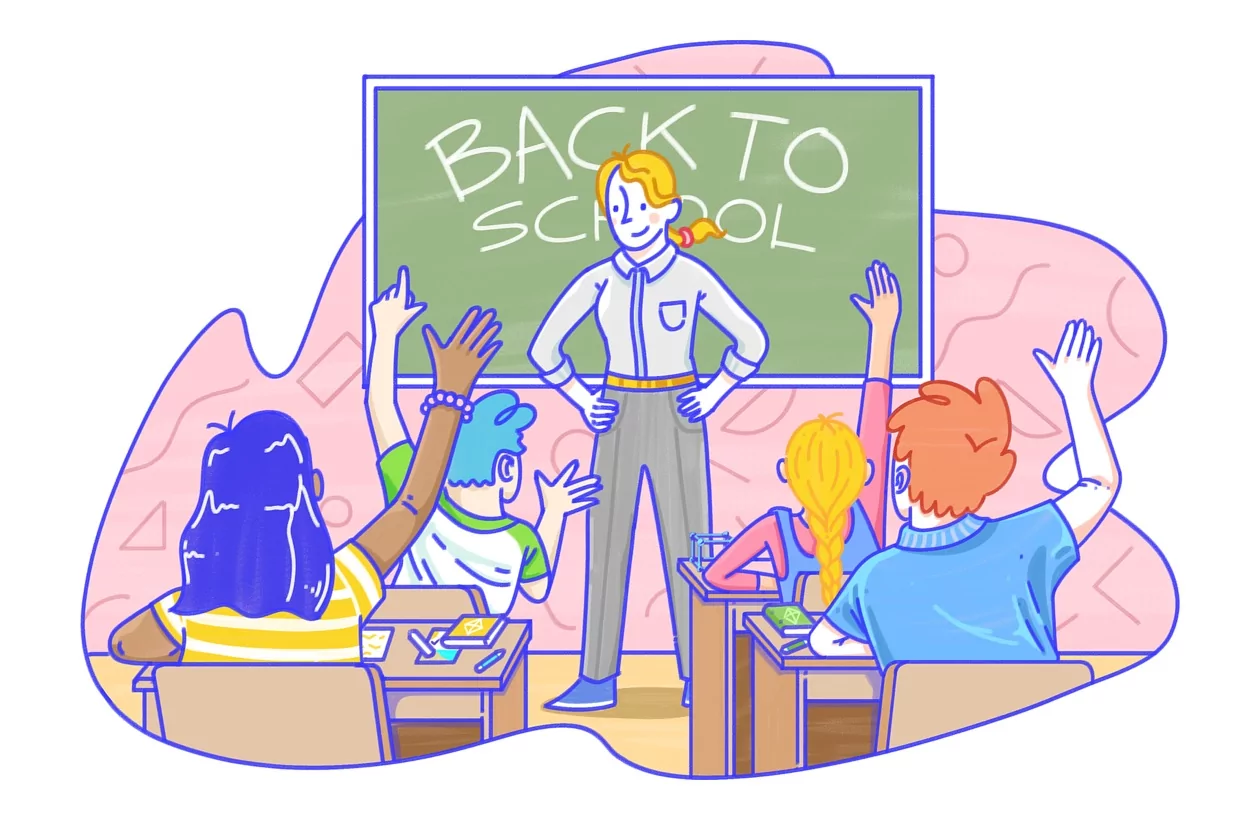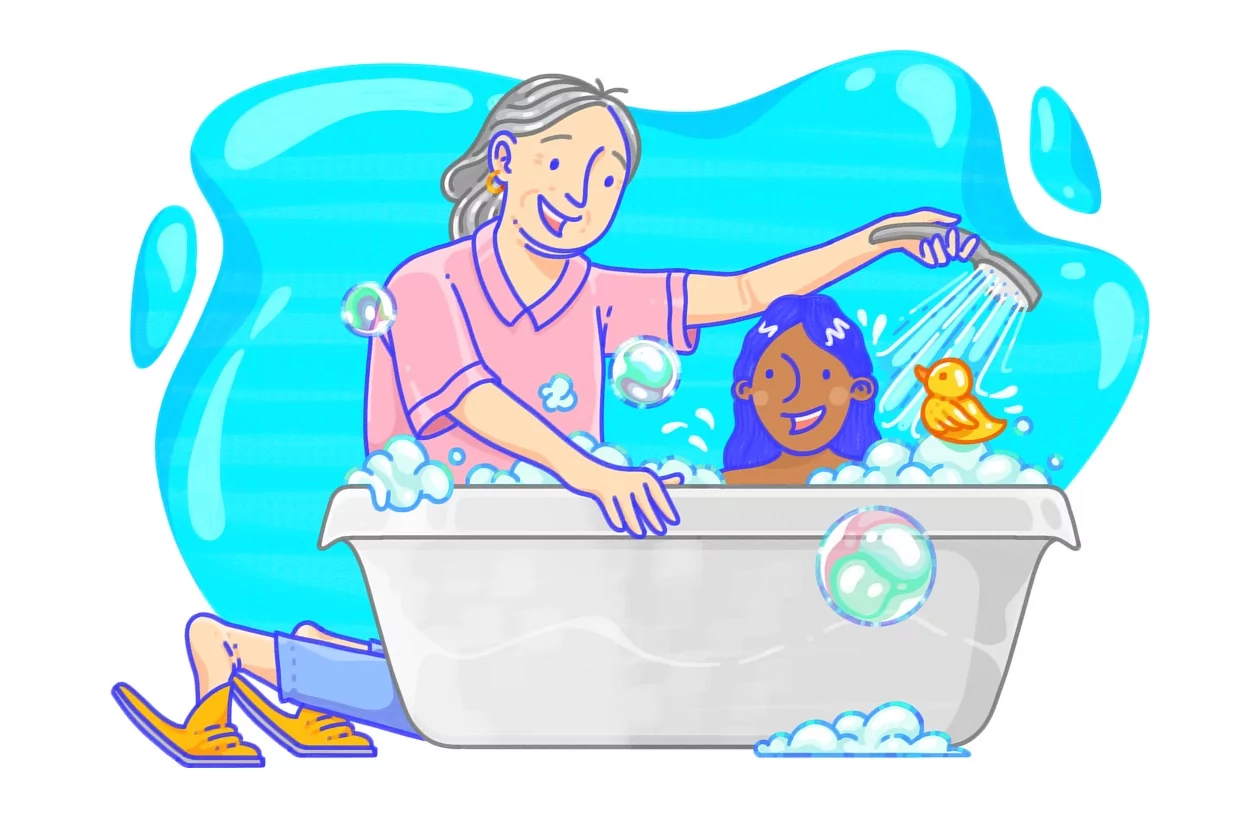How to prepare your child for what’s to come emotionally (moodiness, anxiety, embarrassment, and more)
Our emotional landscapes change from day to day. That’s especially true for a child going through early puberty. A sudden increase in estrogen and progesterone in girls and testosterone in boys can make feelings more difficult to regulate. If your child has been diagnosed with CPP, treatment should help temper teenage-esque mood swings. And with your guidance and support, your child can practice mastering their emotions — a skill that will serve them for life.
Normalize mood swings
In language that your child will understand, explain that the state of our bodies affects how we feel. Maybe they remember feeling cranky when they didn’t take their afternoon nap, or sad when they had a cold and couldn’t go outside and play.
Your child’s body is experiencing big hormonal changes, so it makes sense that they feel happy one minute and angry the next. They shouldn’t judge themselves for that, and as difficult as it may seem sometimes, neither should you. These ups and downs won’t last forever and they’re not a permanent part of your child’s personality. Support them, forgive them when necessary, and take good care of yourself in the process — this parenting stuff isn’t easy!
Navigate peer relationships
Children want to fit in with their peers and avoid anything that makes them feel ‘different’. If your child is presenting visible CPP symptoms, whether physical or outwardly emotional, consider paying even closer attention to their relationships with friends and classmates. They may need your direction on how to behave appropriately and how to respond to feelings as they come up.
It could be a helpful exercise to ask your child to name their emotions as they arise, state their feelings out loud, and then remind themselves that these feelings will pass. Sometimes we forget that feelings come and go.
Consult your child’s doctor
If you notice major personality shifts in your child, that is reason enough to see your pediatrician: when these shifts precede bodily changes, it’s time to ask for a pediatric endocrinologist referral.
Together, you and your care team can help your child build lasting emotional resilience.
See also: Preparing Your Child for Early Puberty Series #2: Friendships
TPI.2021.2612.v1 (v1.1)




